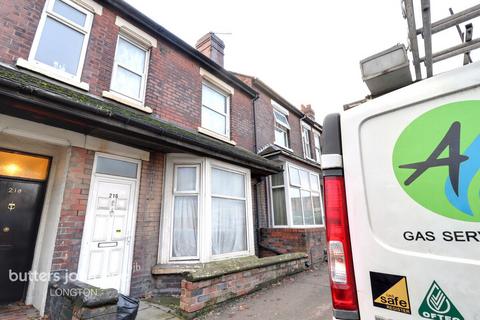Auction properties for sale
Search the most up to date list of property auctions in the UK
- 0
Browse thousands of auction properties available for sale across the UK
Looking to buy a property at auction? We’ve got you covered with thousands of auction properties available from the UK’s leading auction houses, covering everything from studio apartments to detached houses and entire estates.
Whether you’re looking for your next refurbishment project, investment purchase, commercial property, land for a self-build, or simply a bargain property, start your search today.
Want to be one of the first to see newly added auction homes which match your search requirements? Just set up an alert and you’ll receive details straight to your inbox.
If you’re searching and find an auction property you’d like to view, you can quickly and easily request a viewing with our online Viewing Time Requests tool. Just pop in the day and time you’d like to view the property, and the developer or estate agent will come back to you directly to confirm your appointment or arrange another time if the appointment you’ve requested isn’t available.
OnTheMarket. Because your property search just got serious.

Top Properties
Show more properties- What's this?Guide price£50,000
3 bedroom terraced house for saleKing Street, Stoke-On-Trent
31- Tenure: Freehold
- Three bedrooms
- Two reception rooms
- Spacious kitchen
AuctionChain-freeAdded today by butters john bee - Longton - What's this?Guide price£2,950,000
Commercial development for sale200 Burnt Oak, Broadway, Edgware, London HA8 0AP
--- Tenure: Freehold
- A unique opportunity for a commercial Investment
- Nearest station 0.3mi.
- Nearest school 0.2mi.
AuctionStudyAdded today by Fairview International - Mayfair - Guide price£180,000
3 bedroom semi-detached house for saleAzalea Walk, Burbage
31- Three bedroom semi detached
- Very popular location
AuctionReduced today by Davis & Partners - Hinckley
Why buy a property at auction?
We look at why buying an auction property might be right for you…
-
How does a property auction work?How does a property auction work? To secure the sale of an auction property, most auctions require a five- ten per cent deposit on the day and two forms of ID. The sale will then be completed between 14 days to six weeks, when the remaining 90% of the funds are transferred. At an auction, interested buyers will bid for a property and the highest bid wins.
-
What are the main two types of property auction?The two main types of property auction are the traditional auction method (also known as unconditional auctions) and the modern auction method (also known as a conditional auction or online auction). Traditional auctions are typically preferred by experienced investors and cash buyers, while modern auctions are favoured by those needing a mortgage.
-
What is the modern method of property auction?The modern method of property auction (also known as a conditional auction or online auction) gives a buyer more time and flexibility. This is because the auction runs online, usually for up to 30 days, and the window to complete the purchase is longer than the traditional method. On winning a property via the modern auction method, the bidder is required to put down a reservation fee (usually around 5% of the purchase price) and then has 56 days in total to complete the process - 28 days to exchange contracts and pay a 10% deposit, and an additional 28 days to complete. The longer timeframe means it’s easier to buy with a mortgage than in a traditional auction.
-
Is there a warranty on new build homes?Most new home developments come with a 10 year warranty, as developers are often registered with the National House Building Council (NHBC) or other warranty providers. Warranty schemes do vary, so it’s always important to read the small print to understand what you’re covered for.
-
What is the difference between a conditional and unconditional auction?A conditional auction (also known as modern auction) typically takes place online. Auctions run for 30 days and buyers can bid anytime. The highest bidder pays a 5% deposit on the day, then has 28 days to pay a 10% deposit and exchange contracts, and a further 28 days to complete the sale. An unconditional auction (also known as traditional auction) typically takes place at an auction house. All interested buyers are present and place bids in front of each other. The highest bidder pays a 10% deposit on the day, then has 28 days to pay the rest of the money. If you back out after the auction, you lose your deposit as you’ve already exchanged legal contracts.
-
Why are property auction guide prices so low?All auction properties have a guide price - either as a single figure or a price range. The guide price is an indication of the property’s value at the time of entering the property into an auction. Property auction prices have a reputation for being low. This is because they are there to entice buyers and generate competition, which explains why auction guide prices are less than they eventually sell for.
Browse UK locations
England, Scotland, Wales, London, Manchester, Birmingham, Glasgow, Edinburgh and Cardiff. More locations









